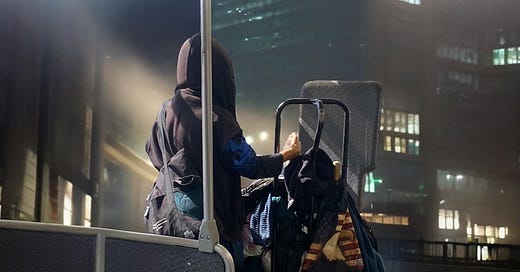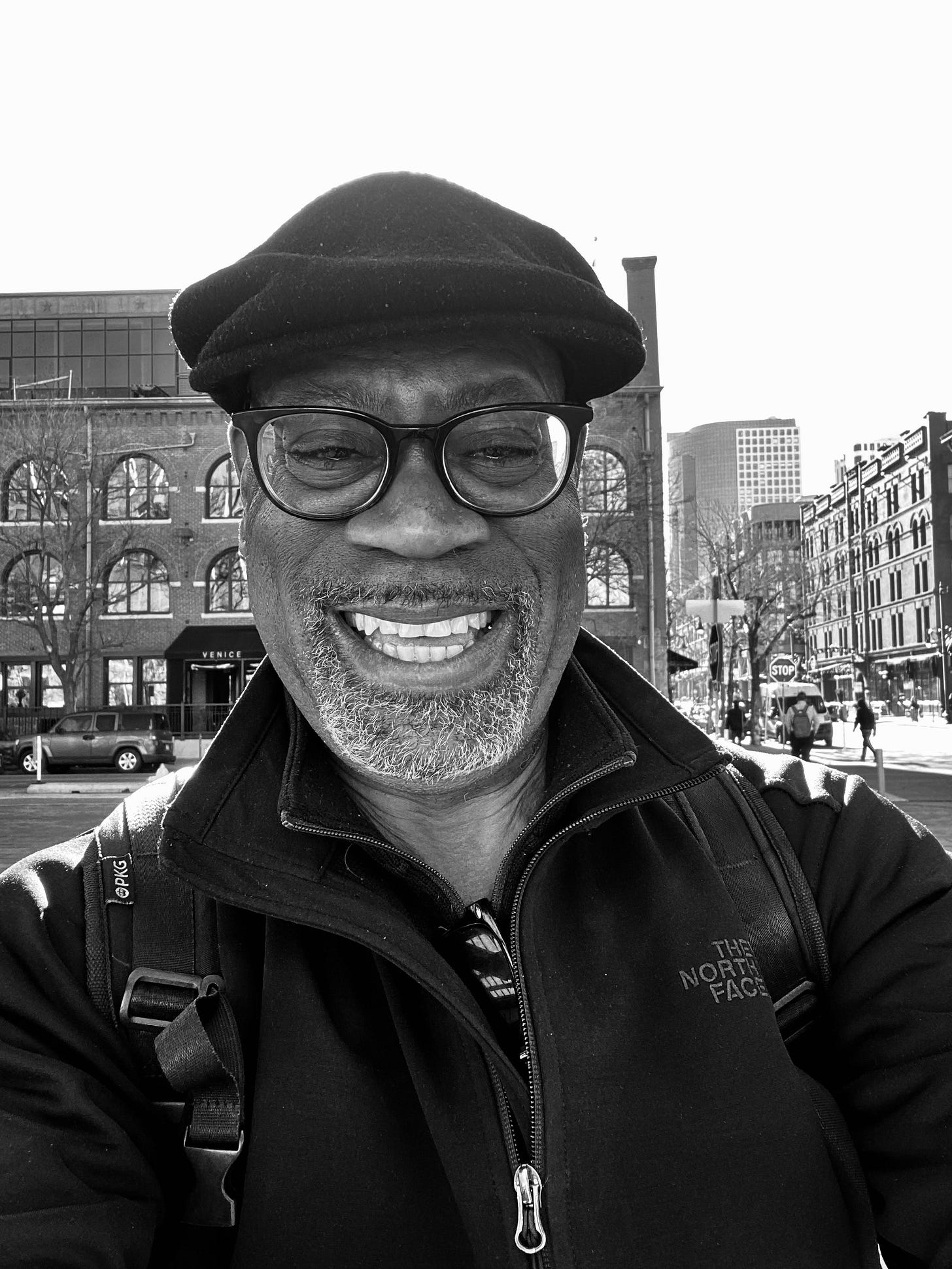Supreme Court Ruling Ignites Firestorm Over Homelessness
How This Will Impact Cities? Author Michele Steeb Weighs In
The U.S. Supreme Court's recent ruling on the homeless crisis marks a pivotal moment in how cities across America can tackle this growing problem.
Responding to a growing concern among voters, the court’s conservative majority handed local leaders a significant victory by affirming their power to address homelessness in a more unrestricted way.
This 6-3 decision reversed a lower court ruling that had severely hampered the ability of local leaders' to respond to the spread of homelessness in parks, under freeways, and across sidewalks.
Justice Neil Gorsuch, writing for the majority, emphasized that the wisdom to address homelessness lies with local officials rather than a handful of federal judges.
"A handful of federal judges cannot begin to ‘match’ the collective wisdom the American people possess in deciding ‘how best to handle’ a pressing social question like homelessness," Gorsuch wrote.
This ruling addressed whether fining or arresting people for violating local camping bans constitutes "cruel and unusual punishment" prohibited by the Eighth Amendment, with the three liberal justices dissenting.
The Grants Pass v. Johnson case, initiated in 2018, had been a thorn in the side of local officials in cities like San Francisco, Seattle, Portland, Denver, San Diego, and Sacramento. These cities, already struggling to manage their homeless populations, found themselves hamstrung by the 9th Circuit Court of Appeals' decision, which invalidated anti-camping ordinances.
California Governor Gavin Newsom hailed the Supreme Court's decision, noting it "removes the legal ambiguities that have tied the hands of local officials for years." Newsom's administration had argued that cities were "trapped" in a no-win situation, unable to clear encampments without risking lawsuits while being legally responsible for maintaining safe and healthy streets.
The homeless crisis, particularly severe on the West Coast, intensified during the pandemic. Downtown areas emptied, and tent camps proliferated, all while housing costs skyrocketed. With about half of the country's unsheltered homeless population living in California, the region has become the epicenter of a national problem.
In this context, Michele Steeb's book, "Answers Behind the Red Door: Battling the Homeless Epidemic," emerges as a crucial read for leaders grappling with this issue. Steeb, former CEO of Northern California’s largest and most comprehensive program for homeless women and children, brings firsthand experience to her work. Over the years she had advocated for a holistic approach to homelessness that goes beyond just providing housing.
Steeb’s book offers a powerful and sobering look at the epidemic of homelessness, emphasizing the need for comprehensive systems that address mental, physical, emotional, and spiritual health. "In arguably one of the richest countries in the world, how is this happening? Why? And perhaps more significantly, what can be done to turn it around?" Steeb asks. Her approach highlights the importance of asking the right questions to find effective solutions.
Steeb argues that when systems are thoughtfully executed, they empower individuals to rise above their circumstances, fostering a sense of purpose, responsibility, and connection. This, in turn, reinstates public safety and reclaims public spaces for all.
Her call to action includes creating responsibility at every level—from individual commitments to governmental accountability—ensuring the needs of both the homeless and the broader community are met.
In light of the Supreme Court's decision, Steeb commented:
"This decision provides jurisdictions the opportunity to enforce camping bans, if they have them. Prior to this decision, many jurisdictions had been afraid to enforce any sort of bans they may have had on the books for fear they would be sued by 'homeless advocates,' for which there is a good deal of precedent. In my opinion, this will serve as a positive as it will prohibit jurisdictions from using this as an excuse for inaction."
However, she cautions that the decision alone won't solve homelessness, noting:
"This decision, in and of itself, does not impact homelessness. It always has been, and always will be, up to communities to put homeless systems in place to support the homeless in healing, growing, and prospering. We need to hold their feet to the fire in this regard."
Steeb's insights underscore the importance of her book as a resource for policymakers and community leaders. "Answers Behind the Red Door" provides a roadmap for addressing the complex issues surrounding homelessness, advocating for solutions that encompass more than just immediate housing needs.
As cities and regions grapple with the implications of the Supreme Court's ruling, Steeb’s perspectives offer a comprehensive approach that could transform how communities tackle the homeless crisis.
Her book is a must-read for anyone involved in crafting policies to support both the homeless and society at large, providing a vision of how to address this pressing issue with dignity, responsibility, and holistic care.
Great Books + Great Cities is a reader-supported publication. To receive new posts and provide support my ongoing work, please consider becoming a free subscriber or paid member supporter.






